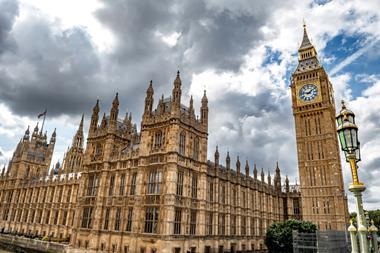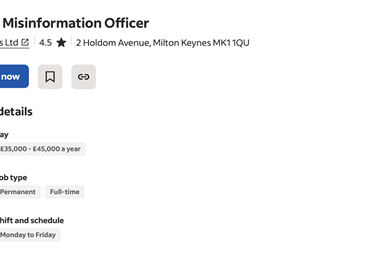
MPs have cautioned against the ban on flavoured vapes, branded packaging and displays in stores.
The All-Party Parliamentary Group (APPG) for Responsible Vaping has warned that regulating the category further following the plan to ban single-use vapes could create potential unintended consequences such as undermining vaping as an effective cessation tool and inadvertently lead to an increase in smoking.
The Regulatory Policy Committee (RPC) added that the Government’s Impact Assessment should consider that restricting vape flavours may make vaping less enjoyable for many people, which could in turn increase cigarette cravings and make specific groups of people more vulnerable to relapse to smoking.
Further to this, the RPC note that the rationale for intervention for the range of vaping policies is weak and needs to be strengthened, particularly in light of the mixed-to-negative feedback in the “Smokefree Generation and Tackling Youth Vaping” consultation.
The warning comes as the Tobacco and Vapes Bill will have its Second Reading in the House of Commons on Tuesday 16 April.
Commenting ahead of the Second Reading, Chair of the Responsible Vaping APPG, Gareth Johnson MP said: “The APPG for Responsible Vaping has serious concerns about the vaping portions of the Bill, questions about the evidence it is based upon and also the unintended consequences that it may inadvertently drive more people towards smoking.
“The potential adoption of stricter options on flavours, risks undermining public health goals, endangering progress towards a smoke-free future. We look forward to working with Government to ensure that vaping policies, specifically around flavours, packaging, point of sale, do not risk the positive role that vaping has and must continue to play for adult smokers.”
The APPG for Responsible Vaping added that it expects the Department for Health and Social Care to produce further assessments of the impacts of the vaping policies, and a comprehensive statutory consultation period, ahead of the introduction of any related secondary legislation.









![WG-4003[58]](https://d2dyh47stel7w4.cloudfront.net/Pictures/274x183/4/5/1/353451_wg400358_6083.jpg)

















No comments yet